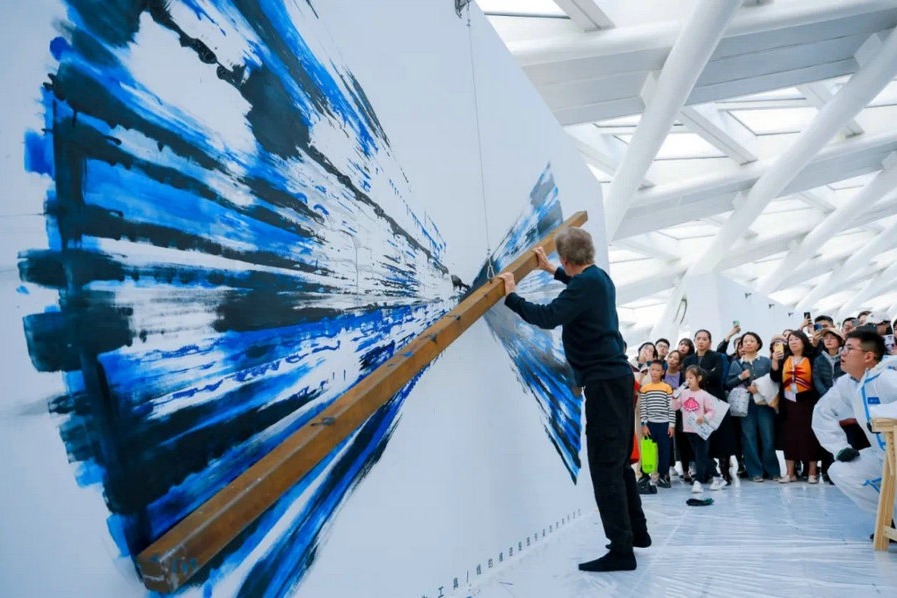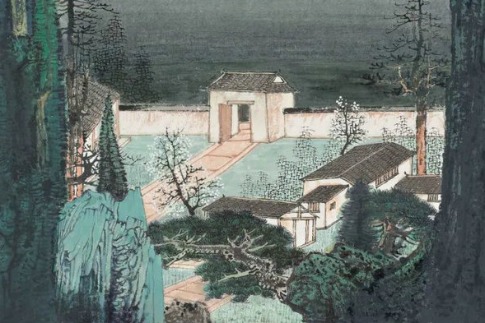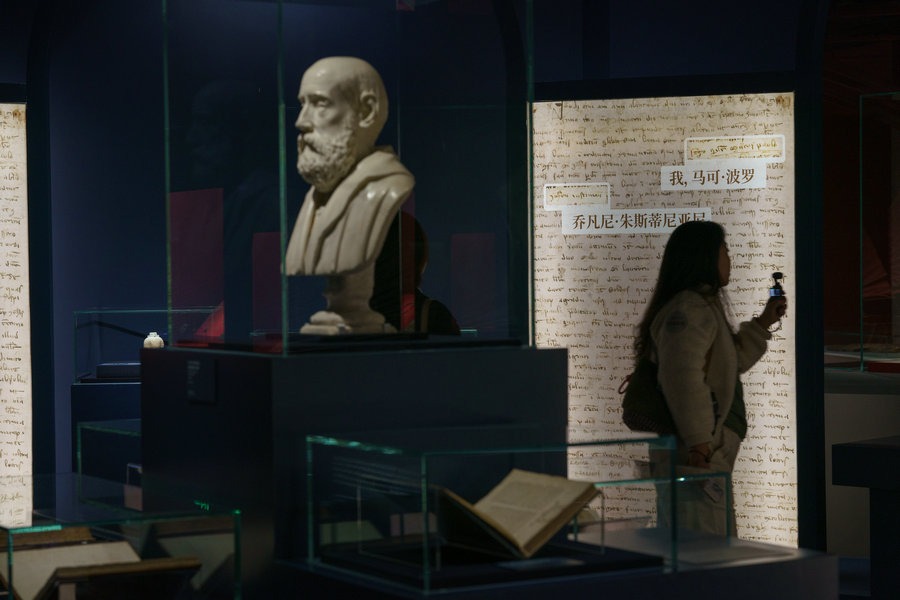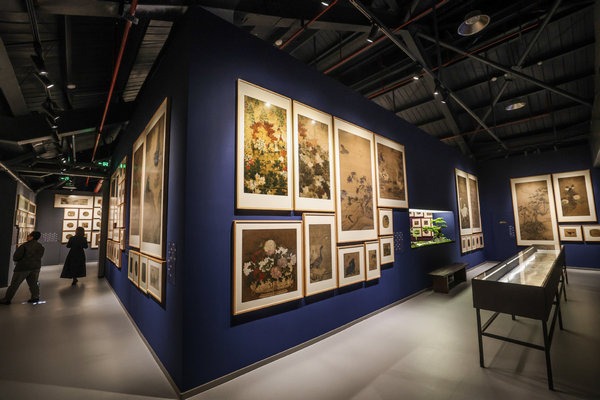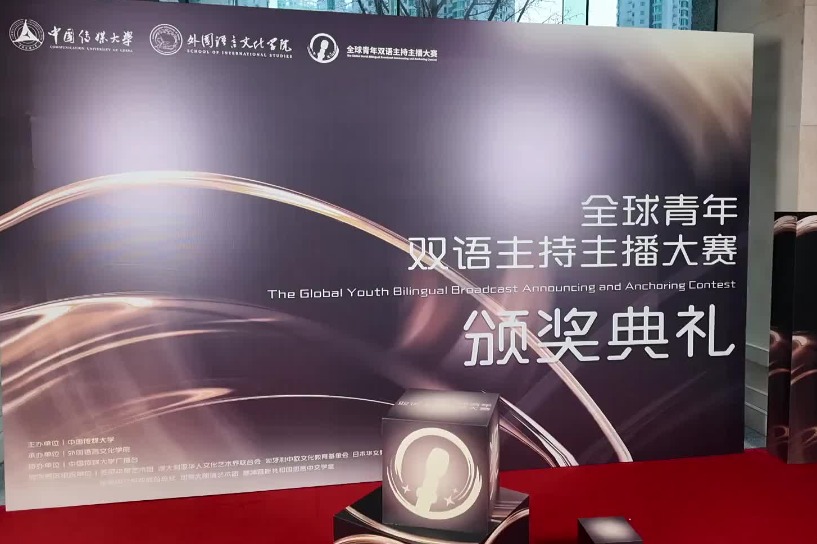Poetry conference in Beijing celebrates China-Arab ties


Chinese and Arab poets, officials, artists and students gathered on Friday at the Palace Museum in Beijing for the China-Arab Poetry Conference, which was part of the celebration to mark the 20th anniversary of the China-Arab States Cooperation Forum.
Hosted by the Bureau of International Exchange and Cooperation of China’s Ministry of Culture and Tourism, the event aimed to build a bridge for China-Arab literary exchange with poetry as the medium, according to the bureau.
Around 20 renowned poets from China and nine Arab countries — Algeria, Egypt, the United Arab Emirates, Kuwait, Morocco, Saudi Arabia, Tunisia, Iraq and Jordan, enchanted the audience through recital of their representative poems.

Before their performance, Chinese students majoring in Arabic and Arab students specializing in Chinese at the Beijing International Studies University delivered a mesmerizing recitation of famous ancient and modern poems from both cultures, highlighting how linguistic learning deepens China-Arab mutual understanding among the younger generations.
Chinese poets Jidi Majia and Ouyang Jianghe joined Jordanian poet Alian Al-Adwan and Iraqi poet Sadiq Jassim Mohammad for a panel discussion moderated by Xue Qingguo, a professor of Arabic Studies at Beijing Foreign Studies University.
"Poetry is the oldest and also the youngest art. Excellent poetry can transcend nations and borders," Jidi said. The veteran poet noted that Chinese poetry and Arab poetry are rooted in the tradition of expressive recitation and ancient poets in both cultures had to adhere to certain rules and forms when composing.

Adel Khozam, a poet and composer from the United Arab Emirates echoed Jidi's opinion. He found rhythmical beauty in both Chinese and Arab poetry.
“I have read a lot of Chinese poems and I found wisdom in their meaning, which teaches us how to look at the world and deal with complicated things in life,” he said, hoping that more Chinese poetry could be translated into Arabic.
The event also featured Moroccan singer Dina Ottmani, who performed Zhifou, Zhifou, a Chinese song with lyrics adapted from Song Dynasty (960-1279) poet Li Qingzhao’s poem and a duet of the pipa (a four-stringed Chinese lute) and the oud (the pear-shaped stringed lute beloved in the Arab world).
The China-Arab Poetry Conference was organized by the China-Arab Cultural and Tourism Cooperation Research Center with the support of the Poetry Committee of the Chinese Writers Association.



















